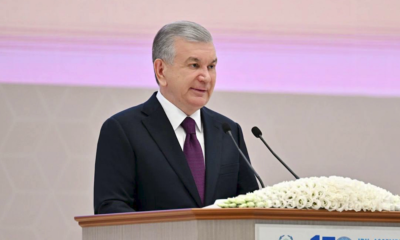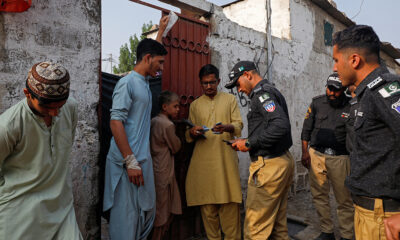Business
Afghanistan’s economy is ‘normal’, says finance ministry
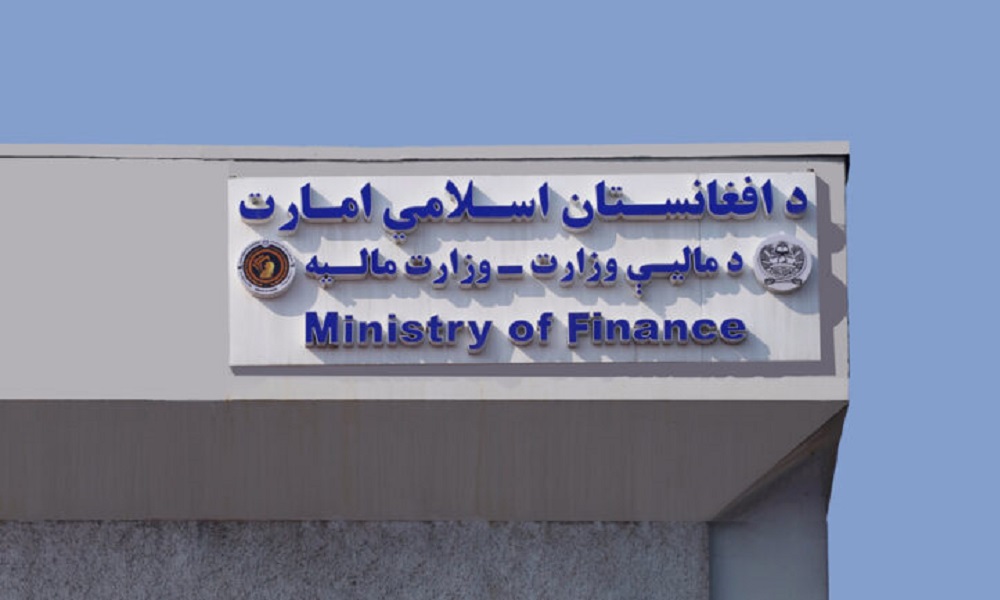
Afghanistan’s Ministry of Finance said Wednesday that after a comprehensive assessment of various sectors, the country’s economic situation is in “its normal state”.
According to a statement issued by the ministry, a meeting was convened to assess financial trade, foreign humanitarian aid, the value of the afghani (AFN), and the impact of changes in foreign policies on the economy.
It was found that the import and export process is functioning smoothly, the banking sector remains stable, national revenues are being collected transparently, and essential government expenditures are being made regularly without any delays.
The ministry attributed the decrease in the value of the AFN against foreign currencies, particularly the US dollar, to widespread negative propaganda.
“Overall, all domestic economic factors are maintaining the value of the Afghan currency in a normal state,” the statement read.
Modest recovery
The Afghan economy is showing signs of moderate growth, but still faces significant headwinds, including fiscal constraints, trade imbalances, and a limited capacity for public investment, according to the World Bank’s latest Afghanistan Development Update.
The World Bank stated that Afghanistan has seen a modest GDP growth of 2.7% over the past two years – growth driven by private consumption. The update stated the economy had recouped only about 10% of past economic losses, indicative of the slow and fragile nature of the recovery.
“Afghanistan’s long-term growth prospects depend on tapping into the substantial potential of the domestic private sector and improving the overall business environment,” said Faris Hadad-Zervos, World Bank Country Director for Afghanistan in the update, which was issued last month.
“Key to this is increased investment, providing access to finance to small businesses, and supporting educated and skilled women entrepreneurs so their businesses can thrive. Without this, the country risks prolonged stagnation with limited prospects for sustainable development,” he added.
The World Bank also stated that the partial recovery, coupled with falling food prices, has contributed to a gradual improvement in household welfare.
But most Afghan households continue to struggle to meet basic needs and poverty remains widespread, the report read.
Business
Russia, Uzbekistan to draft feasibility study for Trans-Afghan Railway project
A discussion session will be held within the framework of the Russia-Islamic World Forum in Kazan in May, bringing together key stakeholders
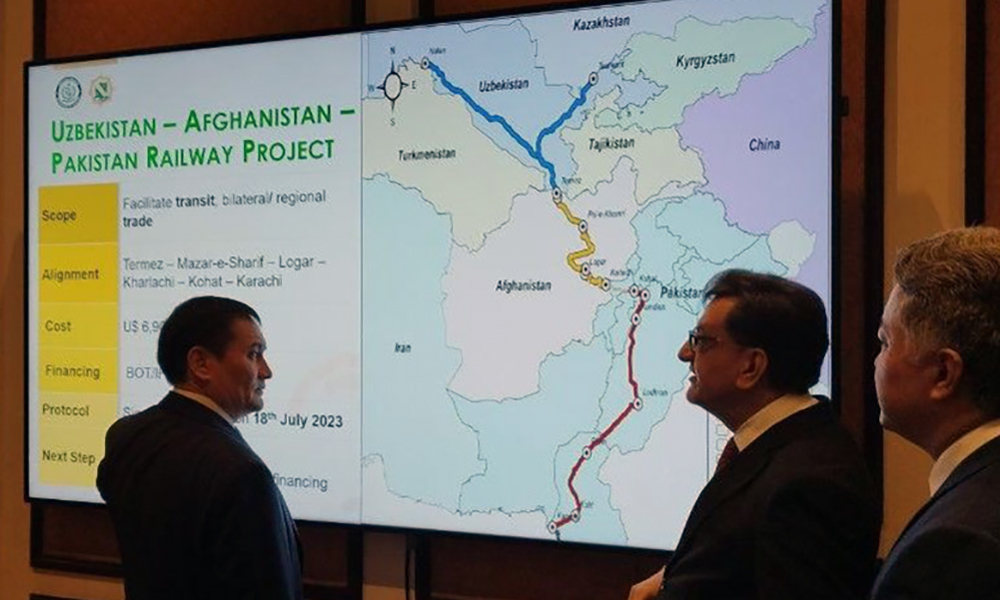
Russia and Uzbekistan design organizations will work together this year to conduct the Trans-Afghan Railway project’s feasibility study, Trend news agency reported.
According to a statement issued by Russia’s Ministry of Transport on Tuesday, Russian and Uzbek designers “will ensure the preparation of sections of the feasibility study for the project to build the Trans-Afghan Railway along the agreed routes, including in terms of determining the forecast for freight traffic volumes and economic efficiency.”
The ministry said two routes have been identified. These are: Mazar-e-Sharif – Herat – Dilaram – Kandahar – Chaman; and the other is Termez – Naibabad – Logar – Kharlachi.
The statement noted that the first session to discuss the project will be held within the framework of the Russia-Islamic World Forum in Kazan in May. A delegation from Afghanistan will attend, along with representatives from Pakistan Railways.
Business
Afghanistan business sector eager to attend Kazan Halal Expo and Forum in Russia
The forum will run from May 13 to 18 and will bring together experts from Russian regions; OIC member states; and other countries
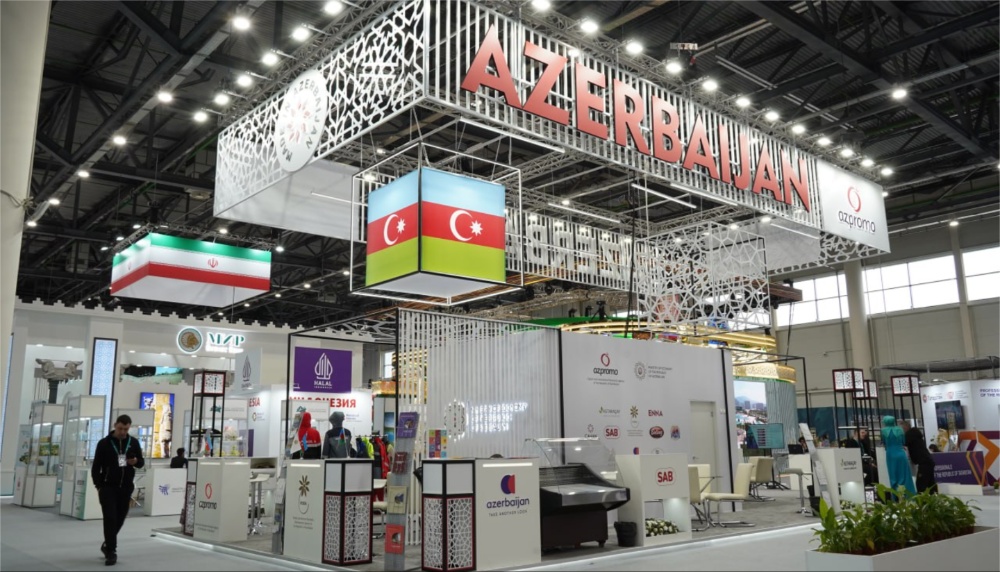
The Ministry of Industry and Commerce has confirmed that Afghanistan will participate in the XVI (16th) International Economic Forum ‘Russia — Islamic World: Kazan’ and the Kazan Halal Expo in Russia this year.
The forum will run from May 13 to 18 and will bring together experts from Russian regions; the Organization of Islamic Cooperation (OIC) member states; and other countries to discuss various topics during the 120 sessions planned.
The expo meanwhile will showcase thousands of goods from around the world that meet Halal standards.
Abdul Salam Javad Akhundzada, the ministry’s spokesman, said Sunday that Minister of Industry and Commerce Nooruddin Azizi has stated that Afghanistan is ready to participate in the event and showcase Afghan products.
According to Akhundzada, Azizi has discussed the event with members of the private sector who are eager to participate.
The expo, which is held annually alongside the forum, is Russia’s largest trading platform for Muslims.
Russia’s President Vladimir Putin said in a statement on the forum and expo recently that “Russia values its traditionally friendly ties with Muslim countries. We highly appreciate their desire to pursue an independent foreign policy and increase their role in international affairs.
“Together, we stand for the formation of a democratic multipolar world order, based on the rule of law and principles of justice, free from any form of dictatorship and discrimination.
“Of course, we are also committed to expanding mutually beneficial cooperation in all areas, from trade and investment to sports and tourism,” he said.
Putin went on to say “I believe that the work of the forum will be meaningful and constructive as always and will be held in a spirit of openness and trust. It will serve to further promote the friendship and creative partnership between our countries and peoples.”
The forum will bring together experts from Russian regions, the Organization of Islamic Cooperation (OIC) member states, and other countries to discuss:
Business
Iran exports non-oil goods worth over $2 billion to Afghanistan in 11 months
Afghanistan was Iran’s fifth top export destination between March last year and February this year
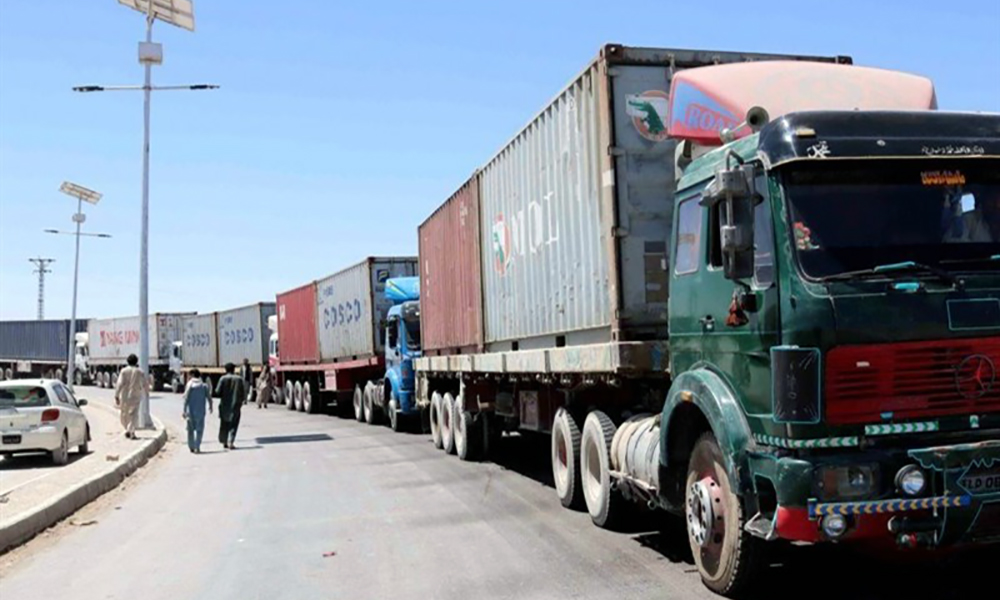
Iran exported non-oil commodities worth $2.2 billion to Afghanistan during the 11-month period from March 20, 2024 to February 18, 2025, the head of Iran Customs Administration (IRICA) said.
Foroud Asgari said Afghanistan was Iran’s fifth top export destination in the mentioned 11-month period, Tehran Times reported Sunday.
In the past year, Afghanistan and Iran have forged closer trade ties. In February, the governors of both central banks met on the sidelines of a banking technology summit in Yekaterinburg, Russia, where they discussed strengthening monetary and banking cooperation.
Also, in October, ports and maritime officials of Iran and Afghanistan met to discuss investment opportunities for the Afghan private sector in Iran’s southeastern Chabahar Port.
Tehran Times reported that this meeting was attended by the director general of the Ports and Maritime Department of Sistan-Baluchestan Province, the governor-general of the province, some Iranian MPs, and officials of the Afghanistan Trade and Industry Ministry.
Meanwhile, in a meeting with an Iranian trade delegation in Kabul last August, Afghanistan’s interim Deputy Prime Minister Mullah Abdul Ghani Baradar Akhund said that his country is eager to attract Iranian investors in order to develop the Afghan mining industry, generate solar electricity and expand railway connectivity.
The Iranian delegation also proposed to launch a joint special industrial zone with Afghanistan.
Afghanistan supplies more than 80 percent of its market needs through imports, and imports from Iran constitute 25 percent of this amount.
The establishment of national security and the central government in Afghanistan over the past two years have improved the conditions of trade between the two countries.
-

 Latest News5 days ago
Latest News5 days agoKhyber Pakhtunkhwa chief minister proposes permanent residence for Afghan refugees
-

 Business4 days ago
Business4 days agoTrump unveils first $5 million ‘gold card’ visa
-

 Latest News5 days ago
Latest News5 days agoSixty Afghans rounded up in Rawalpindi and Islamabad
-

 Regional5 days ago
Regional5 days agoIsrael steps up Syria strikes, says Turkey aims for ‘protectorate’
-
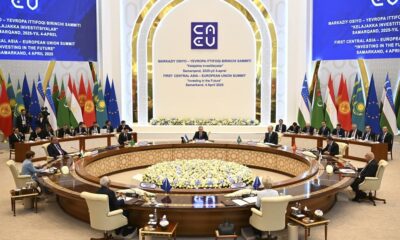
 Latest News4 days ago
Latest News4 days agoEU-Central Asia summit calls for inclusive government in Afghanistan
-
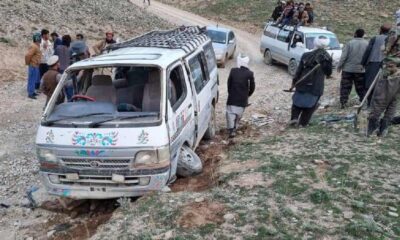
 Latest News4 days ago
Latest News4 days agoThirty, killed, 155 injured in traffic accidents in Afghanistan during Eid
-
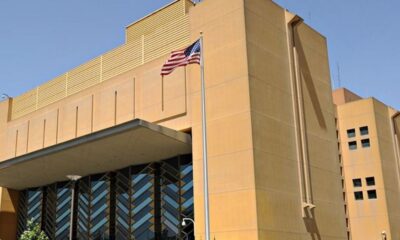
 Latest News4 days ago
Latest News4 days agoUS has no plans for reopening of its embassy in Kabul
-

 Sport5 days ago
Sport5 days agoIyer blitz powers Kolkata to big IPL win over Hyderabad






